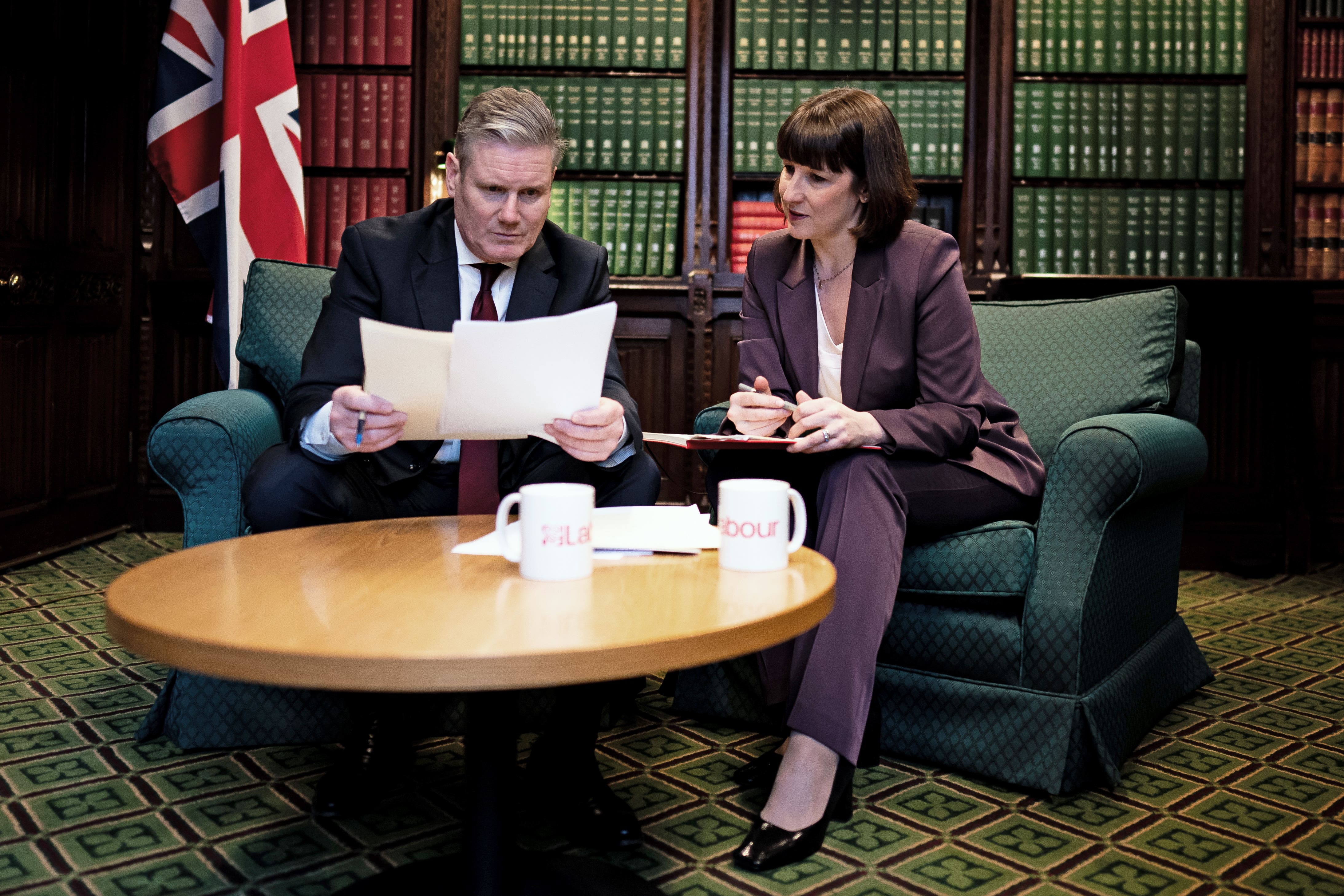Will this year’s Labour conference be a joyous occasion or a mood-killer?
As the political world descends on Liverpool at the start of what promises to be an intense season, Sean O’Grady asks if it’ll be party time for Keir Starmer – or if things are just too grim for celebrations


Some 20,000 Labour Party activists, plus the usual complement of journalists, corporate lobbyists and invited celebs and dignitaries, are heading for Liverpool for the party conference. It will be the first such gathering since 2009 to be held while the party is in government, and the first post-election victory celebration since 2005. So, despite the gloomy “things can only get worse” messaging from the leadership, they will permit themselves some days of collective joy before returning, grim-visag’d, to the five great missions they’ve set themselves. It’s going to be an interesting few days...
Why Liverpool?
Why not? Aside from its warm, welcoming reputation and the excellent hospitality available, Labour’s biggest majorities and most loyal voters are to be found in this great city, albeit with a slight drop-off in enthusiasm at the last election. Memories of the Militant Tendency and Derek Hatton have long since faded.
What will the highlight be?
Angela Rayner, who’s kept her distance from the cuts, will probably be the conference darling, and many will look to her (and support her) as a counterbalance to the Starmer-Reeves axis.
Formally speaking, though, it will be the main leader’s speech on Tuesday afternoon. It’s a highlight in the sense that it’s the first conference “victory” speech after kicking the Tories out since Tony Blair celebrated something like a coronation at Brighton in 1997. It’s not going to be such a highlight, though, if Keir Starmer reprises his glum performance in the Downing Street rose garden a few weeks ago. The spin is that he will try to be a bit more upbeat this time, and give the delegates something to make it seem like all their efforts have been worthwhile.
And the low point?
Necessarily, given the austere mood inside government, the new chancellor, Rachel Reeves, and the work and pensions secretary Liz Kendall, will have the toughest “sell” – fiscal rectitude and “tough” social security reform aren’t really what dedicated Labour Party workers and the public sector trade unions want to hear about.
And the sticky moments?
Quite a few. Unite, a union that refused to endorse Labour’s election manifesto or give money to the campaign, will ensure that there’s a debate on cutting the pensioners’ winter fuel allowance.
Presentationally, if nothing else, the announcement of the measure was badly handled, being coupled together in the public mind with (apparently) bumper pay rises for train drivers and doctors. But there is genuine disquiet about what it will do to older folk subsisting just above the universal credit line, and the equally real political damage it has done so soon after what was, in terms of vote share, rather a thin win.
The Unite motion declares that “workers and communities voted for change – a better future, not just better management, and not cuts to the winter fuel allowance”. Ouch.
Palestine?
Inevitably, the war in Gaza, now spreading north into Lebanon, will be an emotive subject both in the main hall and at the fringe meetings. Labour’s long-term struggles with antisemitism are well known – and arguably not over, even now. Many in the membership have been deeply unhappy with the leadership’s attitude to Israel’s military operations, and indeed, the issue cost the party five parliamentary seats, with quite a few more – such as those represented by Wes Streeting and Jess Phillips – turning marginal.
It will be interesting to see if there are many Palestinian flags on show in the hall, something that has previously proved controversial in its own right.
Any interesting composites?
There usually are, to be fair, and now that the party is in government, there is plenty of scope for conference decisions to be radically at odds with government policy, as was normal during the 1964-70 and 1974-79 administrations. One potential change to watch out for is the introduction of a rule that would proscribe any leadership challenges during the life of a Labour government – ie no leadership elections unless a “vacancy” arises.
Could prove handy later on, if things get as rocky as Starmer and Reeves hint that they will. Then again, things might only get better, of course.



Join our commenting forum
Join thought-provoking conversations, follow other Independent readers and see their replies
Comments